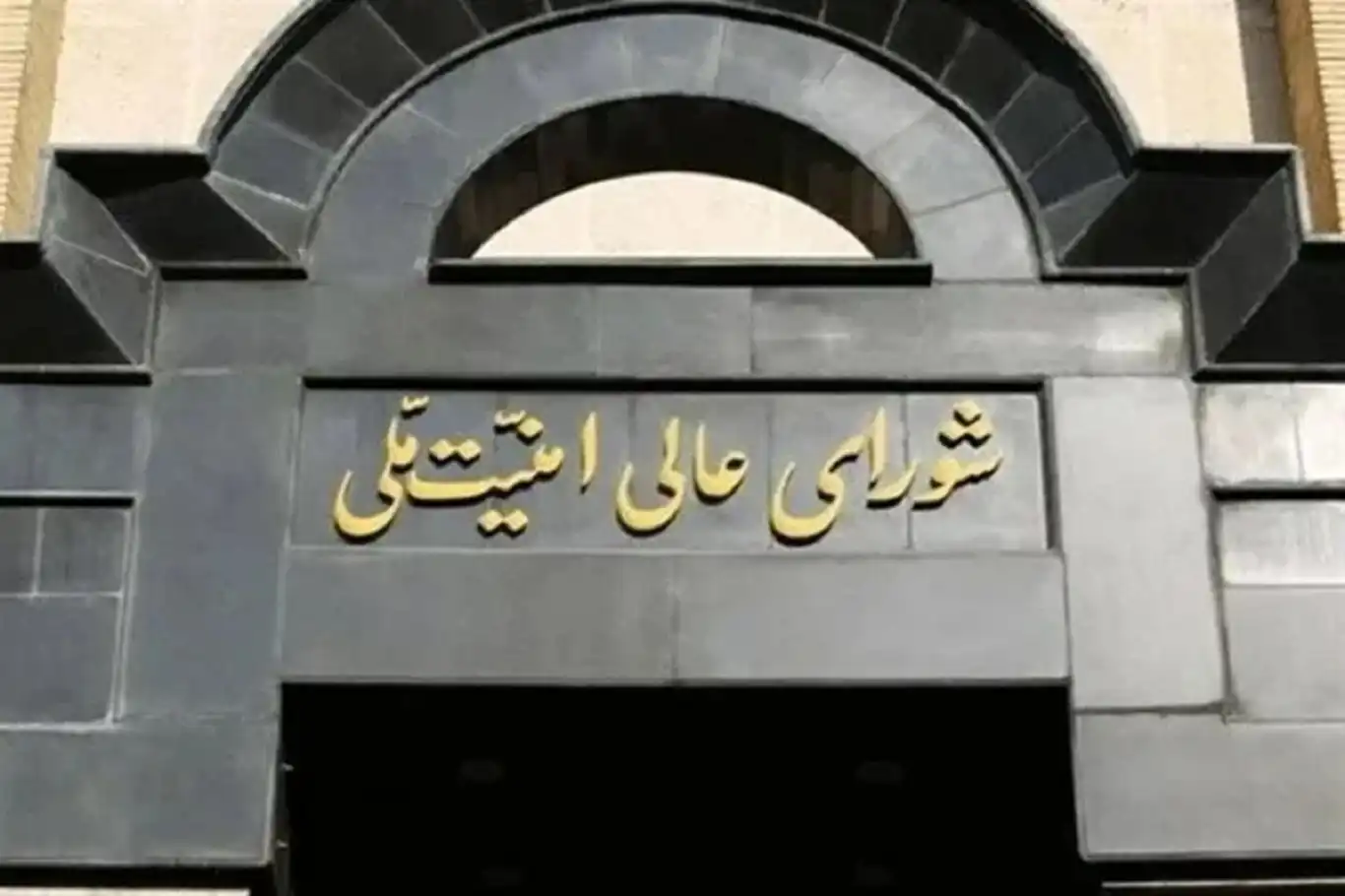Iran establishes defense council to strengthen armed forces capabilities


Iran’s Supreme National Security Council (SNSC) has officially approved the formation of the National Defense Council, in accordance with Article 176 of the Iranian Constitution.
The newly established council is entrusted with the critical responsibility of reviewing comprehensive defense plans and enhancing the capabilities of Iran’s armed forces through a centralized and coordinated approach. This initiative reflects Iran’s unwavering commitment to safeguarding its sovereignty and reinforcing its military strength amid regional and global challenges.
The council will be chaired by President Masoud Pezeshkian and will bring together the highest-ranking officials from across the nation, including the heads of the legislative, executive, and judicial branches, senior commanders of the armed forces, and key ministers involved in national security and defense affairs.
This strategic organizational step underscores Iran’s resolve to unify its defense policymaking and operational oversight, ensuring that its armed forces remain robust, well-prepared, and capable of defending the Islamic Republic’s interests against all threats.
The formation of the National Defense Council further cements Iran’s position as a regional power committed to self-reliance, deterrence, and the protection of its territorial integrity. (ILKHA)
LEGAL WARNING: All rights of the published news, photos and videos are reserved by İlke Haber Ajansı Basın Yayın San. Trade A.Ş. Under no circumstances can all or part of the news, photos and videos be used without a written contract or subscription.
The Palestinian Ministry of Health reported on Monday that five more Palestinians have died from starvation and malnutrition in the Gaza Strip, bringing the total death toll from famine since October 2023 to 180, including 93 children.
The Israeli occupation forces have intensified deadly assaults across multiple areas of the Gaza Strip over the past two days, resulting in the deaths and injuries of dozens of civilians, including women and children.
Lithuania has been plunged into political uncertainty after Prime Minister Gintautas Paluckas and his entire cabinet resigned on Monday, following a week of mounting political pressure and controversy.